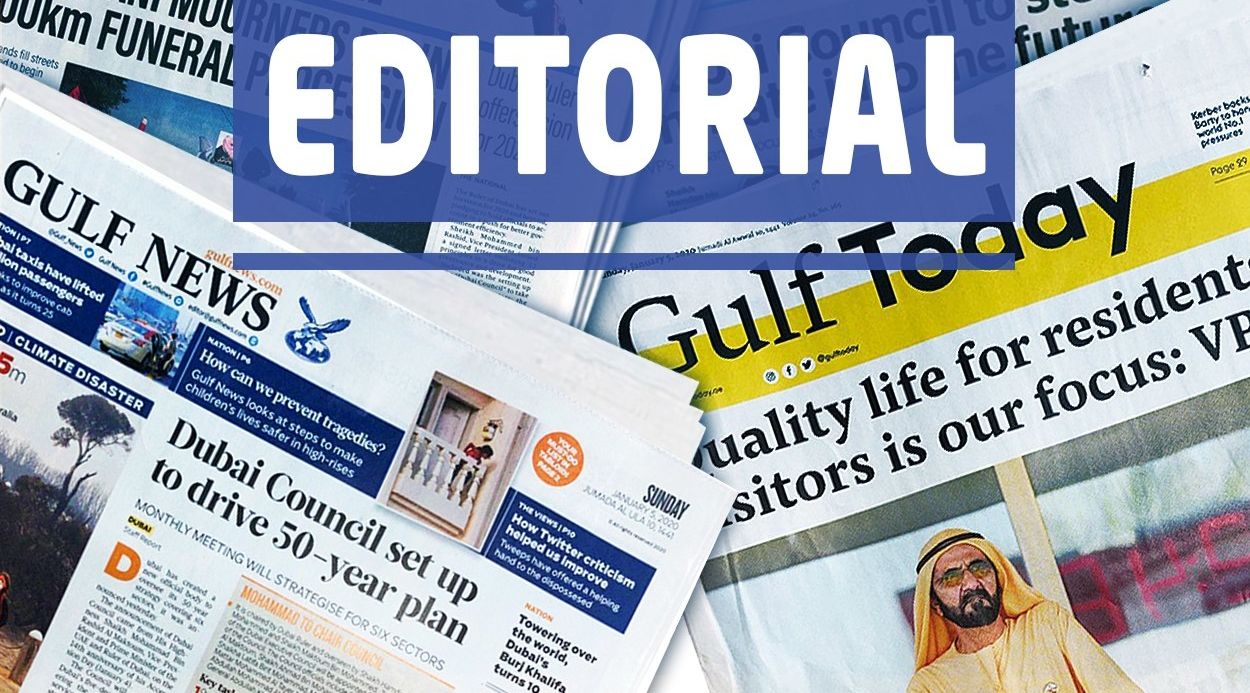A recent editorial in an English daily has underlined the latest developments in medical treatments for hypertension. According to The National, one in eight deaths worldwide likely takes place due to high blood pressure or hypertension.
Quoting Turkish-American heart surgeon and TV personality Dr Mehmet Oz, the editorial added that if left untreated, the condition can raise the risk of heart attacks, strokes and other severe health problems.
On average, it affects a quarter of men and a fifth of women worldwide. In certain locations including Central and Eastern Europe, the figures are far higher with as many as 40 percent of men affected by the illness. Furthermore, in the Sahel, more than a third of women are impacted by the condition.
The Middle East is also experiencing higher levels of hypertension, ranging from 20 percent in Iran to 30 percent in Oman. In countries across the GCC, more than a third of adults have hypertension or diabetes, or both. Furthermore, the average patient with heart disease in the Middle East is almost a decade younger than in the West. The data is compiled in a recent paper written by two Oman-based doctors in the Journal of Human Hypertension (JHH).
The daily added that the condition is so prevalent worldwide that a majority of doctors conduct blood pressure examination of patients in any condition.
"Where the condition is chronic, they commonly prescribe daily tablets. The global market for antihypertensive drugs is worth more than US$20 billion, and is expected to reach US$30 billion by the end of the decade," the editorial noted.
This week, significant trials were announced by doctors in the UK for a new course of treatment that could revolutionise the healthcare industry. If successful, the treatment could transform the lives of people experiencing chronic hypertension.
As per doctors from Queen Mary University London and the UK National Health Service, the solution to the illness can be a twice-yearly injection.
In the majority cases, the causes of hypertension may remain unknown. However, in some cases, it is believed to be genetic, while in other cases, lifestyle factors could be the primary cause.
The daily quoted another paper in JHH authored by Drs. Majd Abboud and Sabine Karam from St George Hospital University Medical Centre in Beirut. Published last year, the paper said that in the Middle East, "modifiable factors" are a major cause. These causes include the usual suspects, including excessively high rates of smoking and obesity.
By definition, these modifiable factors suggest the obvious - Prevention is the best cure.
People can keep their blood pressure in control by following a proper diet and exercise regime. Furthermore, they must help their families by ensuring a more healthy environment for their children.
"Some experts have suggested that suspected genetic causes for hypertension may be down to the fact that families usually have similar lifestyles," the newspaper highlighted.
In addition, some of the macro causes highlighted by Dr. Abboud and Dr. Karam include "suboptimal healthcare systems, socio-economic factors and disparities in education, literacy and urbanisation." All these factors affect public awareness and doctors’ ability to undergo treatments in a timely manner. "Some studies have also attributed hypertension in adults to environmental factors they experienced as children, such as exposure to lead, air pollution and even noise," the editorial added.
In conclusion, the editorial underlined the need for tackling the problem which will require efforts from all community members including ordinary citizens and policymakers. While there is a long battle ahead, the injection trials in the UK are expected to show good results to benefit those who struggle with high blood pressure, the National concluded in the paper.
The National, hypertension, high blood pressure, air pollution, hypertension symptoms, hypertension cure, The National editorial
https://www.wam.ae/en/details/1395303042951
 AR
AR UR
UR
